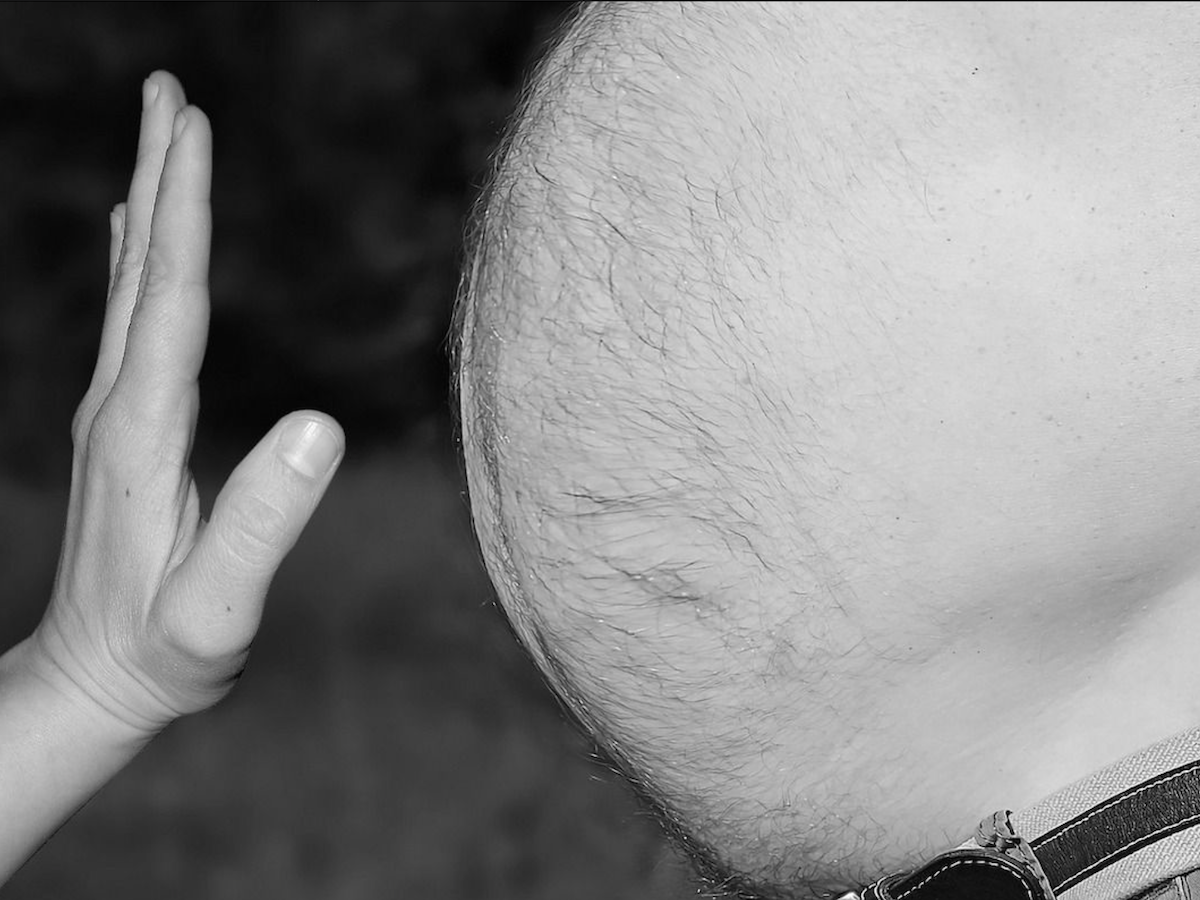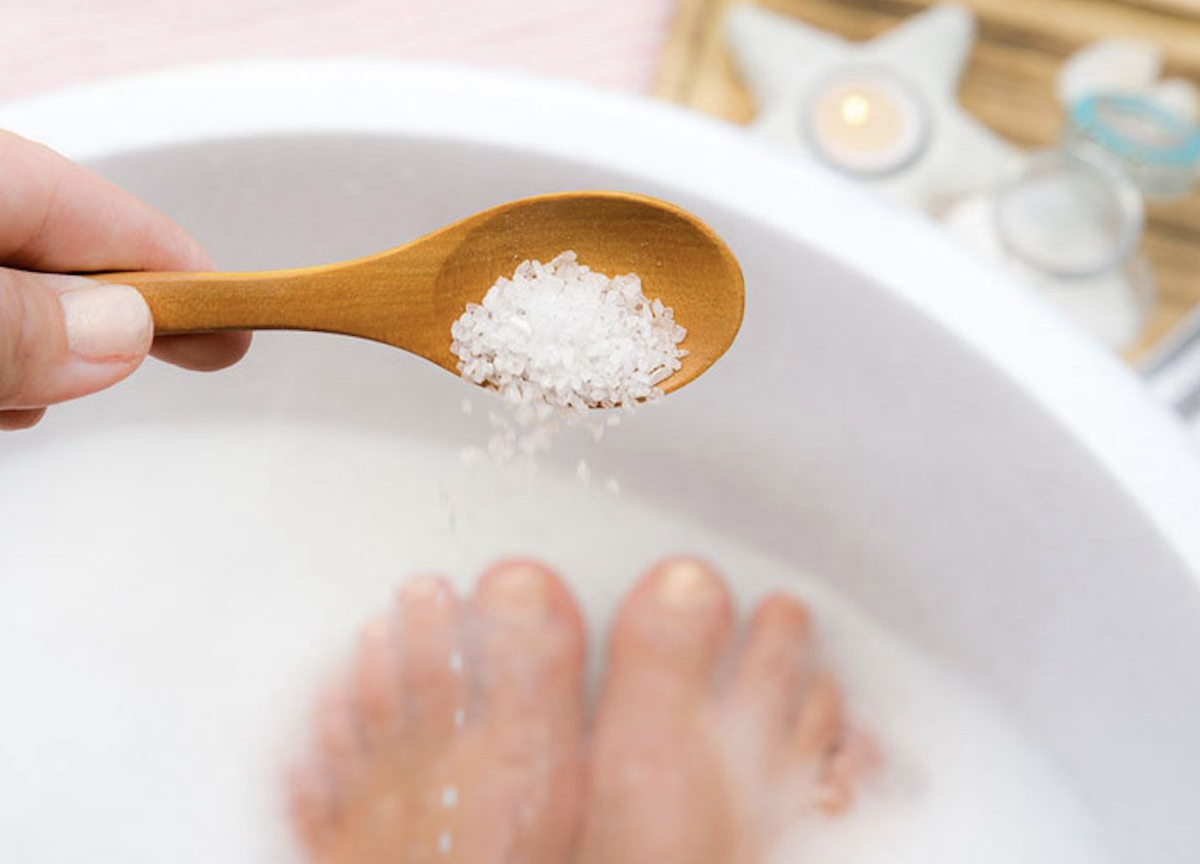Advertisement
Health
These Are Some of the Classic Symptoms of Kidney Stones
If you clicked into this article you’re probably wondering if either you or a loved one might be suffering from kidney stones. Kidney stones are small, calcified bits made up of minerals that form in your kidneys, and can be quite painful once they begin to move through the urinary system. We’ve broken down some of the most common kidney stone symptoms for you here, but as always, be sure to contact your doctor for more information.
Now read all about these at-home remedies and prevention techniques to help you stave off kidney stones for good!
Severe Back Pain Below the Ribs – Kidney stones usually don’t cause any pain or other symptoms until they begin moving around within the kidney or they start to pass into one of the ureters, but once they do the sensation can become unbearable, to say the least. You may feel a sharp pain in your side or back just below the ribs that radiates to the lower abdomen and groin. The pain may also come and go in waves, and fluctuate in intensity.

Frequent, Painful Urination – As with almost any other kidney ailment, kidney stones often go hand in hand with difficulty urinating. You may feel the urge to urinate more frequently than normal, or experience a burning sensation not unlike a urinary tract infection. If you’re experiencing the symptoms of a UTI, it’s important that you see a doctor because they’ll be able to determine if you’re simultaneously passing a kidney stone – both of these conditions occurring at the same time constitute an emergency situation that will require additional attention.
Discomfort While Sitting – The severe pain of passing a kidney stone that often occurs in the back and below the ribs may make it too uncomfortable to sit down for prolonged periods of time. The inability to sit, along with fever and vomiting, are all legitimate grounds for visiting a doctor right away. Interestingly, studies have shown that in the long run, excessive sitting can harm your urinary tract – as if you needed another reason to get up and move more!
Fever and Chills – Fever and chills are common signs that your body is working hard to fight off an infection, and they can be serious symptoms of passing a kidney stone. Typically, a fever that accompanies kidney issues will surpass 100.4॰ F, at which point it is very important that you visit a medical professional for assessment. Continue to monitor your temperature at home before taking any fever-reducing medications such as Tylenol so you can have an accurate read on how high your fever is.
Nausea and Vomiting – Gastrointestinal distress, including nausea and vomiting, often accompanies kidney stones. This happens because there are shared nerve connections between the kidneys and the GI tract, so when a stone moves around through the kidneys it can trigger the GI nerves, causing an upset stomach. Nausea is also commonly the body’s way of responding to intense painful sensations. If you’re experiencing intense pain in the kidneys along with stomach issues like nausea and vomiting, call your doctor immediately.

Bloody Urine – Blood in the urine, also known as hematuria, can be a sign of many different kidney-related issues, including kidney stones. Although oftentimes blood in urine is obvious, sometimes the blood cells are too few to be seen with the naked eye. However, a doctor can easily test the urine for the presence of blood cells. As such, if you’re experiencing other symptoms but you do not see any blood in your urine, it’s still important to get checked out so that your doctor can test your urine.
Unpleasant-Smelling Urine – Normal urine is typically somewhat clear and doesn’t have much of a smell, so if you notice that your urine is cloudy or has a foul smell, it may be a sign of kidney stones or another issue with the kidneys. The cloudiness comes from the presence of pus in the urine and the foul smell is due to the urine being more concentrated than normal with the same bacteria that are present during a UTI.
Swelling of the Kidneys – If a large enough kidney stone becomes lodged in the ureters, it has the potential to block the normal flow of urine, in turn causing the kidney to swell up and the ureter to spasm. Aside from being incredibly painful, the swelling can also lead to kidney scarring and decreased kidney function. Luckily, kidneys have the ability to go back to their normal functioning in most cases once the swelling resolves – even if it lasts up to six weeks.
Sweating – Similar to how you might wake up in the morning having sweat through all of your sheets when you have a fever and chills that are associated with having the flu, kidney stones or a kidney infection also has the ability to cause night sweats. Perhaps ironically, kidney stones can also be caused by excessive sweating over time, so make sure to drink plenty of water to replenish your lost fluids if you’re prone to sweating!

Weakness and Confusion – If kidney stones block the normal passageway of urine, it can lead to a serious kidney infection, causing symptoms like weakness, confusion, and fatigue. This is because when kidneys begin to lose their normal functioning, there can be a buildup of toxins and other impurities in the blood, resulting in fatigue and a decrease in cognitive function.
Weakness and confusion may also be signs of end-stage kidney failure, which you can read more about here.












